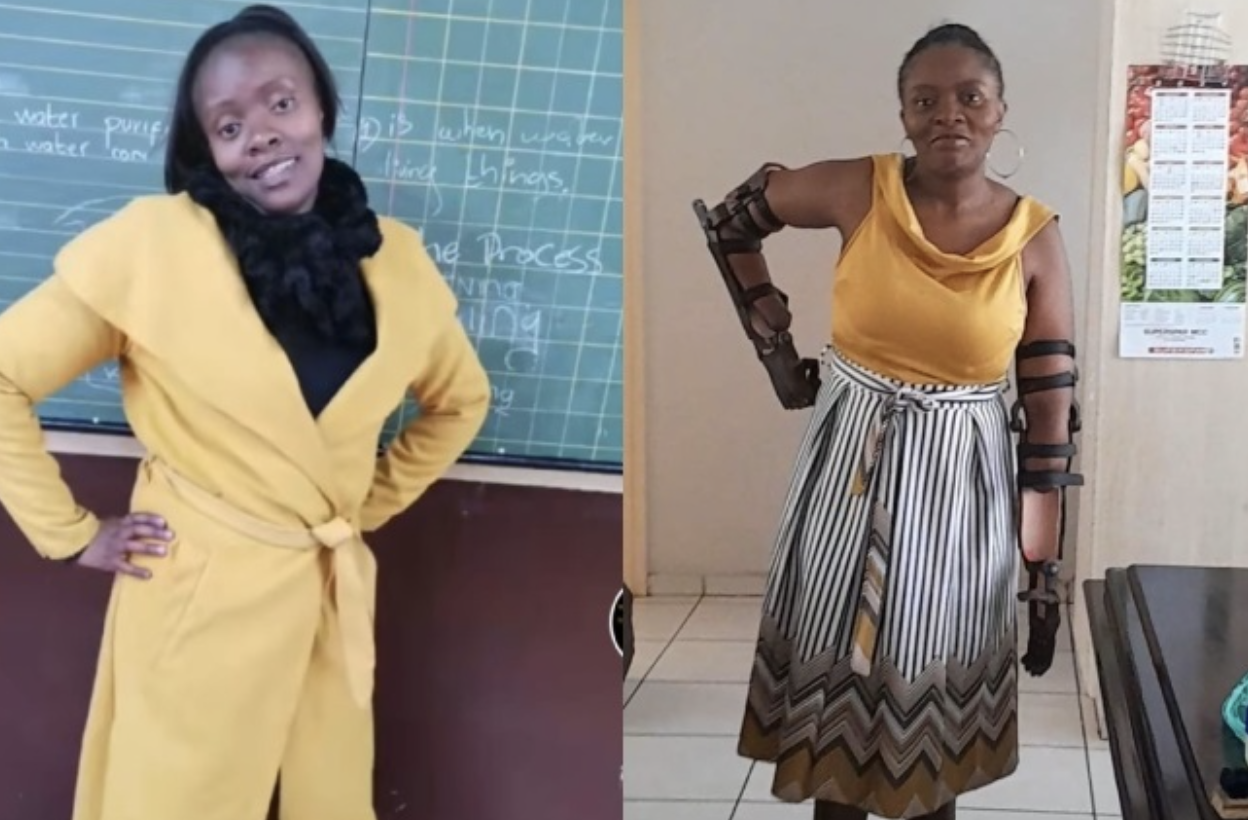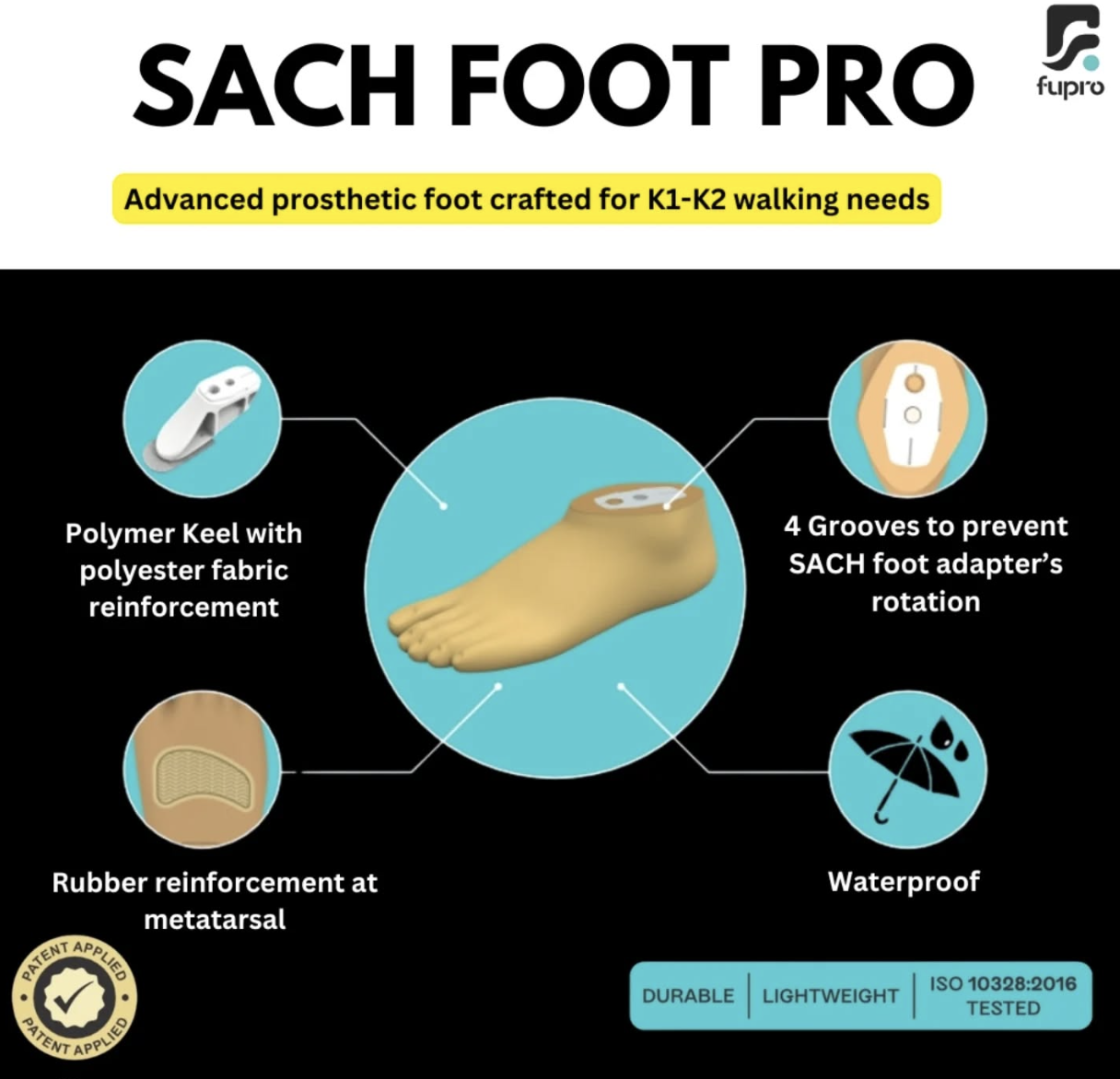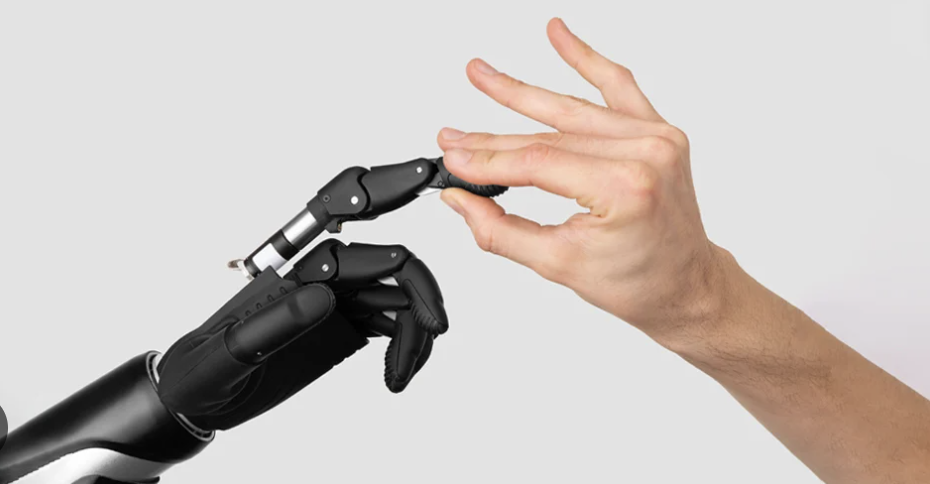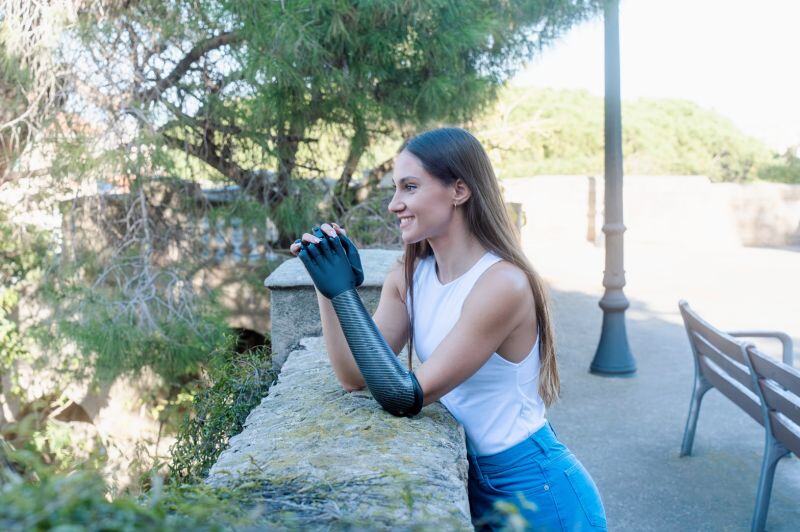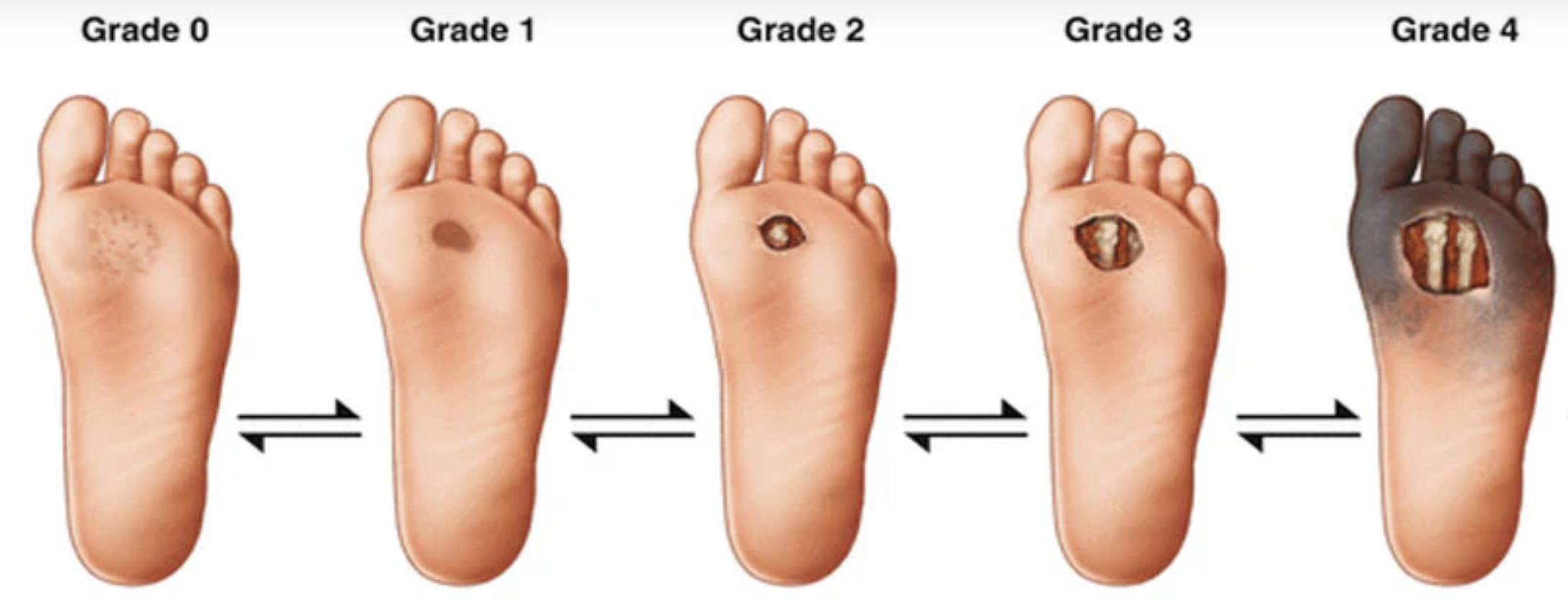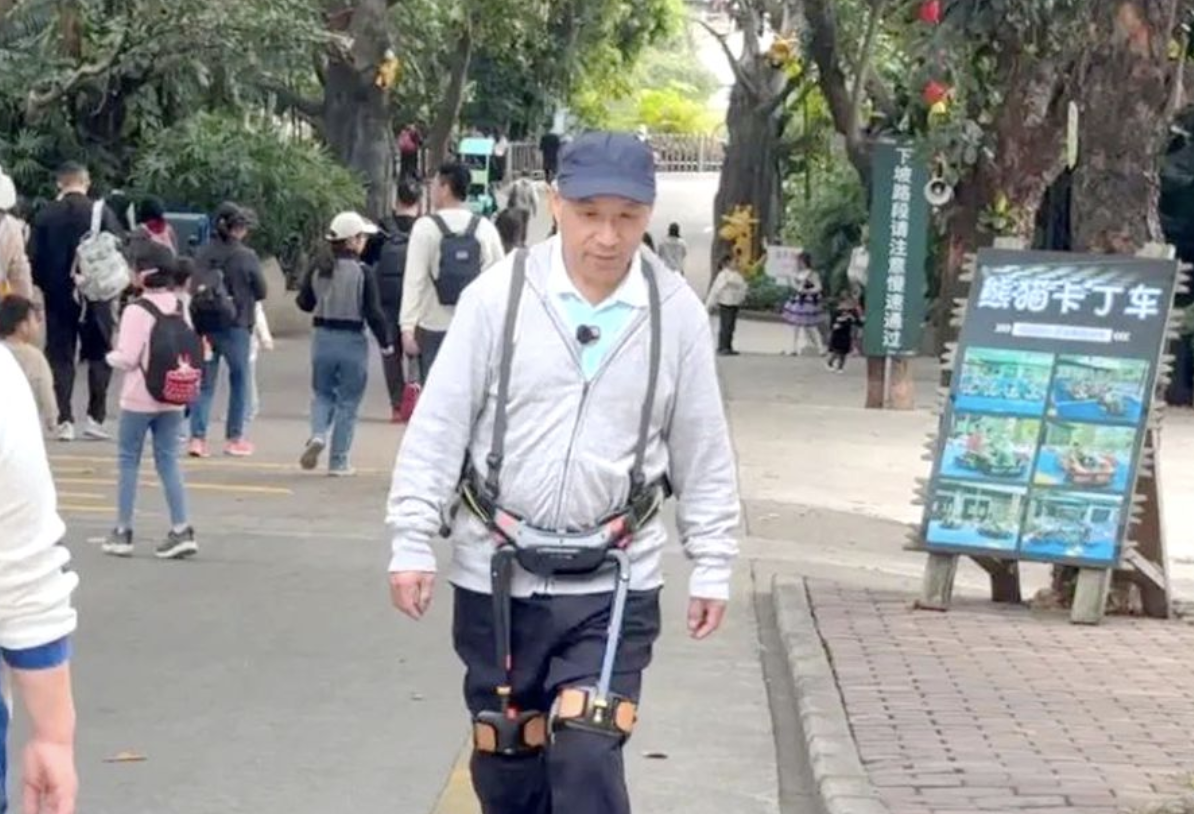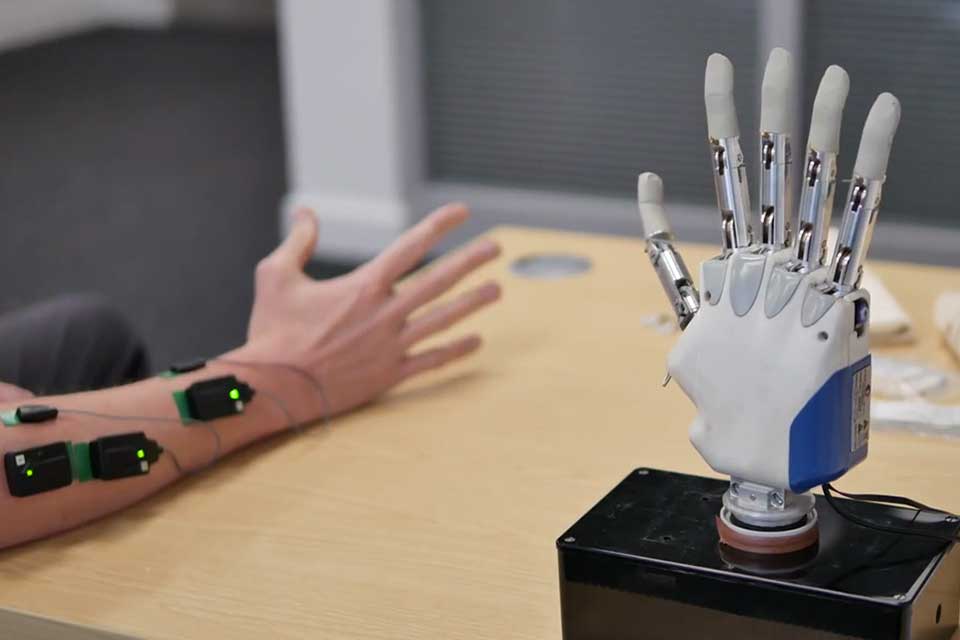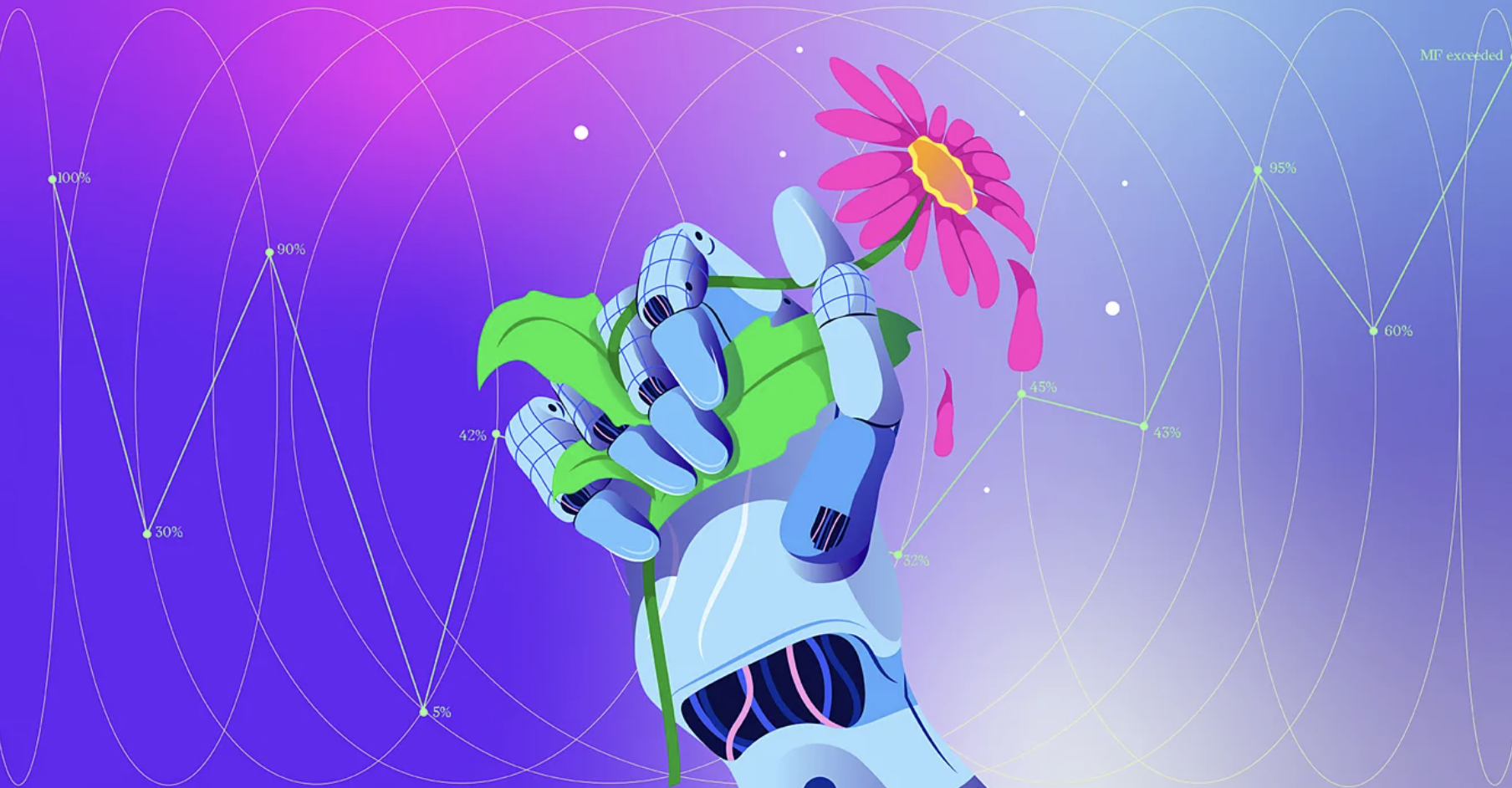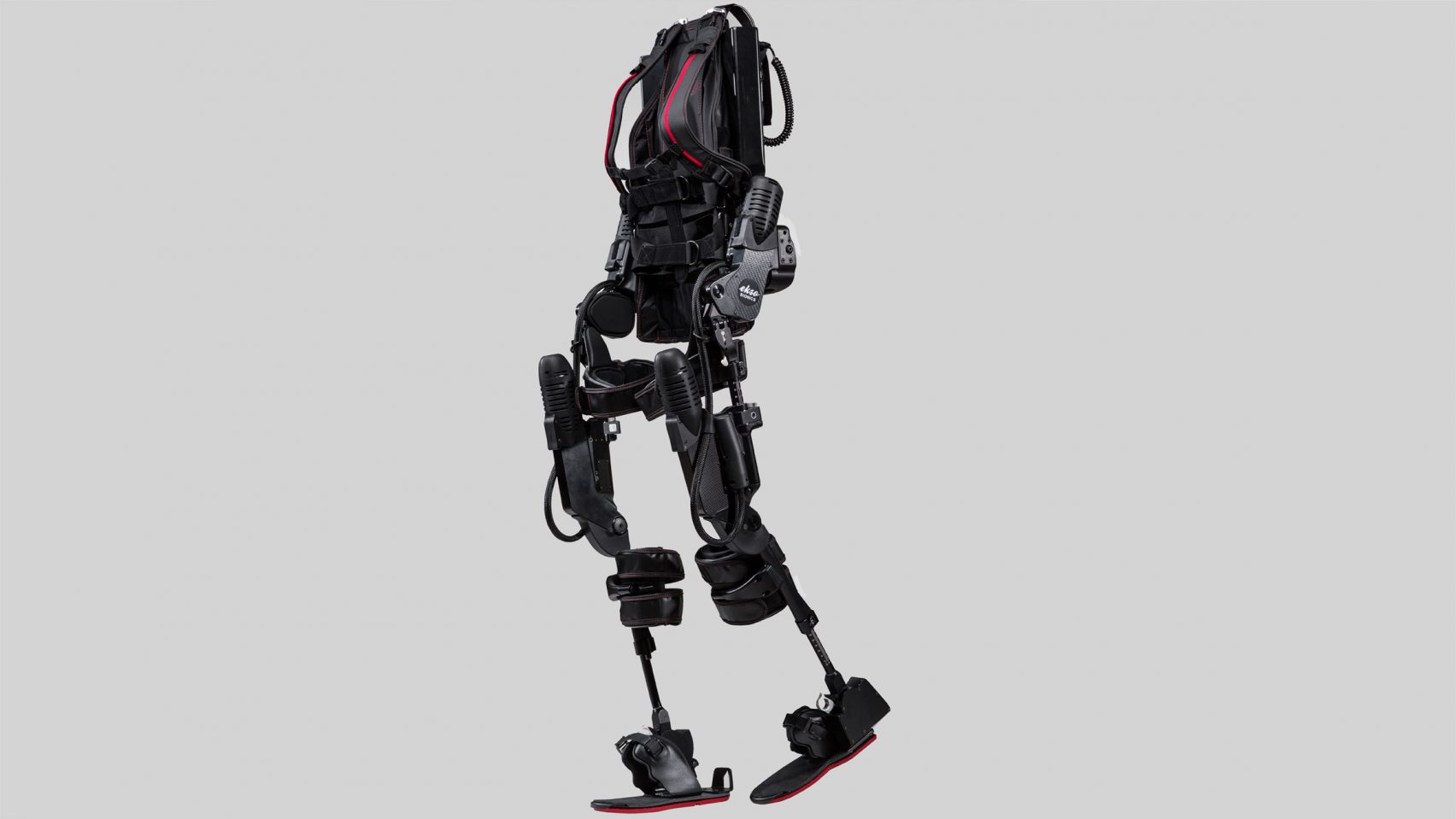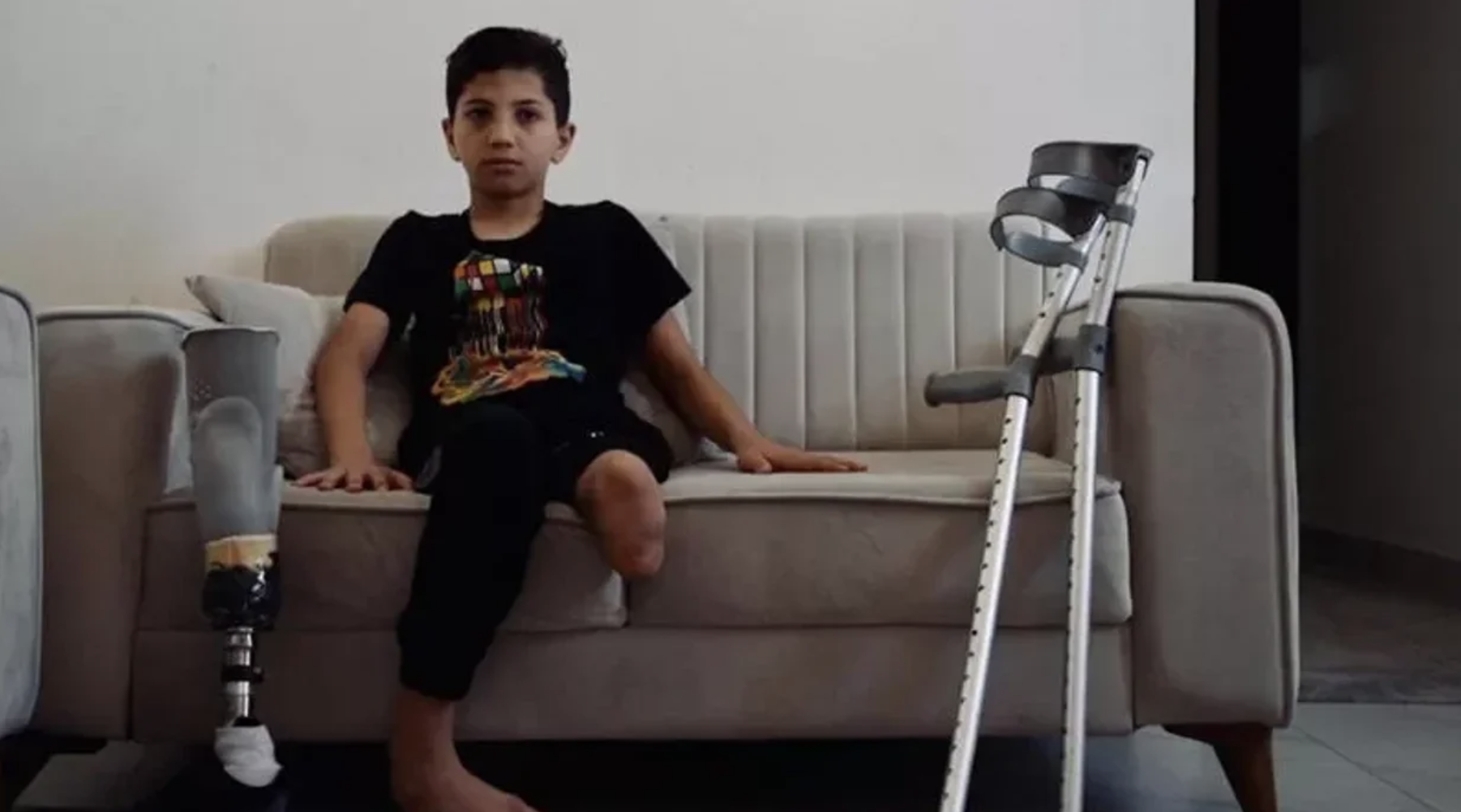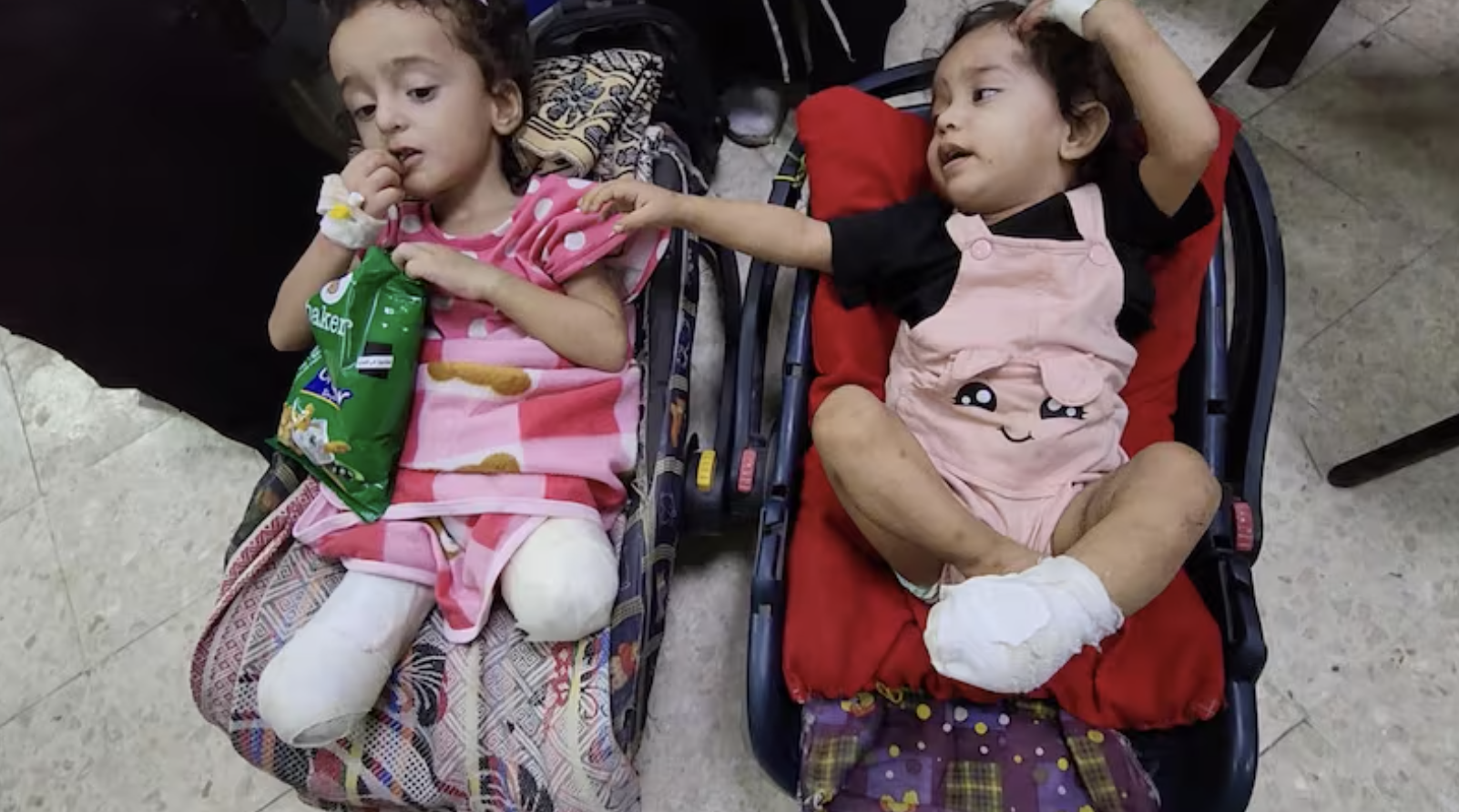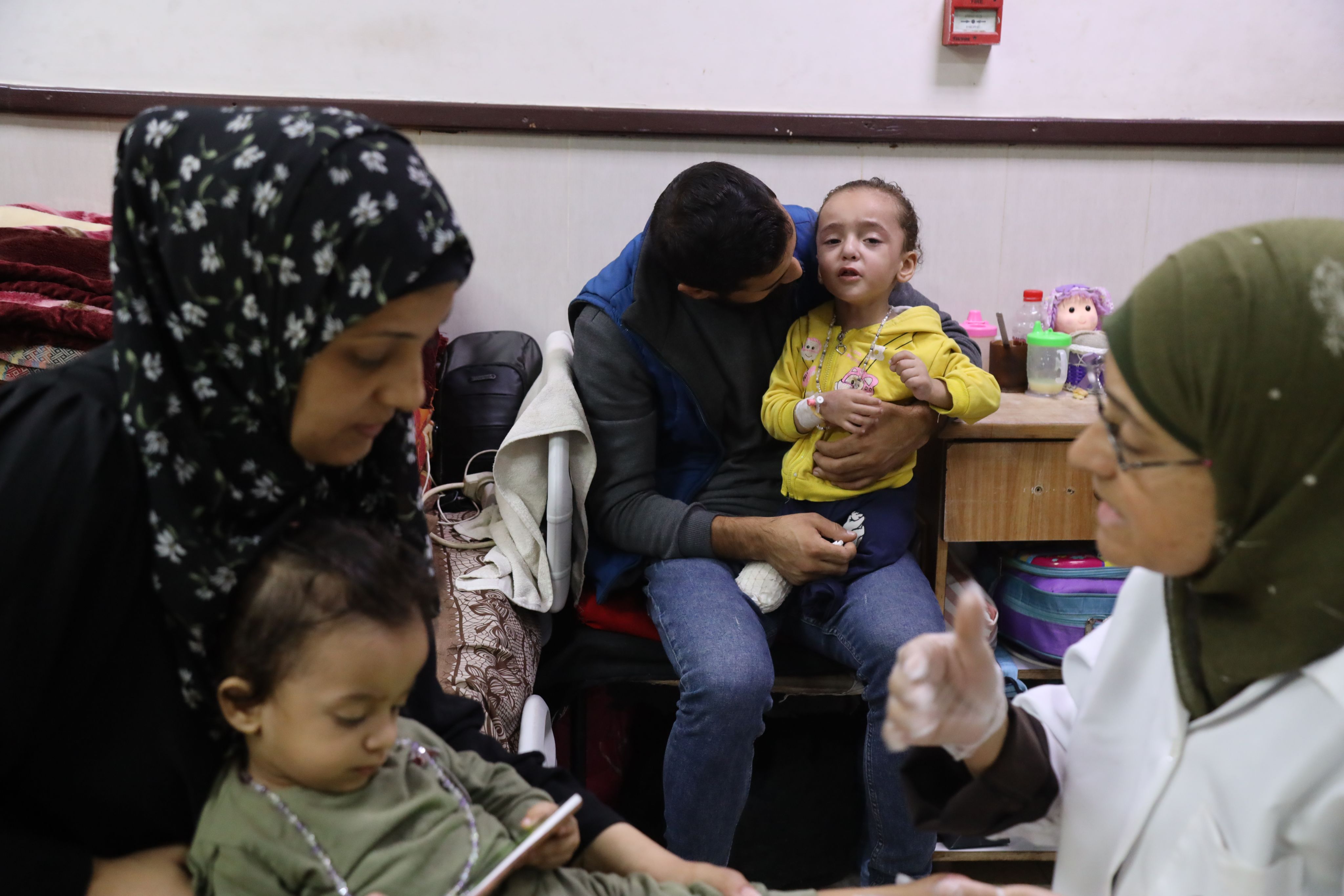Reokeditswe Mokoroane (32) was enjoying the festive season when the stomach aches began.
"I thought it was something I ate," recalls the primary school teacher from North West province.
When her condition didn't change after a week, she was admitted to hospital, on New Year's Day 2023, where she was diagnosed with diabetes. But the worst was still to come.
Her blood glucose levels were very high, and her blood pressure was very low, and she was moved to the intensive care unit.
On her fourth day in the ICU her husband, Elvis Manaleng, noticed that her fingers and toes were turning black.
Doctors told her it was gangrene, and it meant that the tissue in her hands and feet had died as a result of her high blood glucose levels, which can cause severe nerve damage.
“The doctors told me that the only way to get through this was amputation. It was very hard, but I had to accept it."
Two weeks after she'd been admitted to hospital, her hands and feet were amputated.
“I was positive from day one, as I believe everything happens for a reason,” says Reokeditswe, a mom of two.
“I had to learn to walk from scratch."
Her replacement hands and feet are robotic 3D-printed prosthetics given to her by a Spanish NGO, Ayùdame3D, which provides free prosthetics for amputees all over the world.
Reokeditswe is now an ambassador for the NGO, and she helps distribute their prosthetics in SA.
She admits that the dramatic change hasn't been easy, but she’s glad that her husband and two children, Kganya (8) and Kgalalelo (4) have adjusted and have coped with everything she's been through.
Her learners at Tukisang Primary School would be happy to see her back in the classroom and teaching again, despite her condition, she says.
“Life doesn’t have to stop because now I’m differently abled,” she says. “God has given me a second chance and I must use it.”
She is hopeful that with the swift development of technology, "I can one day own those cool robotic arms,” she chuckles.
“But first, I want to do more for our limb-loss community. I’d like to build a big NGO where they’ll get everything they need to recover, for free.”
For now, she advises people in similar situations to "think differently".
“Acceptance is key – we didn’t choose this life, so don’t hide yourself or compare yourself to how you used to look.
“Move forward, don’t look back.”
